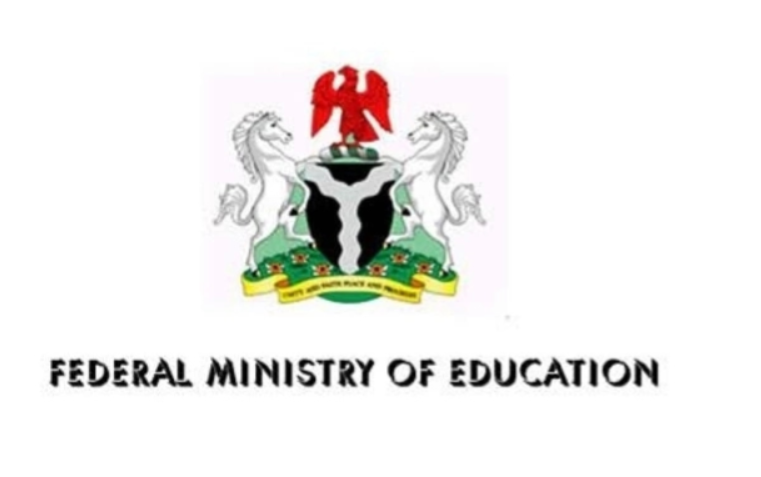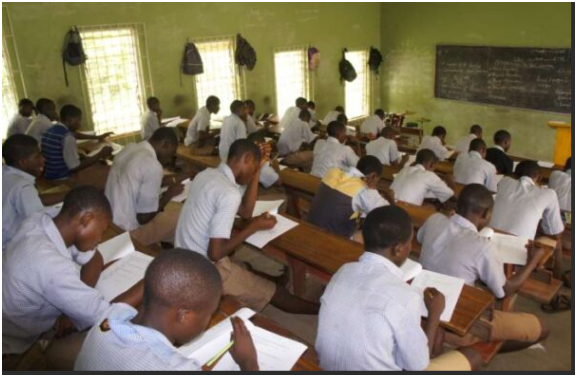In a landmark education reform, the Federal Government has reintroduced Nigerian History as a compulsory subject for pupils from Primary 1 through Junior Secondary School 3 (JSS3).
For senior secondary students, a new subject — Civic and Heritage Studies — will combine Nigerian History with Civic Education, embedding national pride with civic responsibility.

The announcement, made Wednesday by Education Minister Dr. Maruf Tunji Alausa and Minister of State for Education Prof. Suwaiba Sai’d Ahmad, follows years of calls from academics and cultural advocates to restore history’s central role in Nigeria’s curriculum.
“This is a priceless gift to the nation,” the ministers said, thanking President Bola Ahmed Tinubu for backing the reform under the Renewed Hope Agenda.
Pupils will now study Nigeria’s origins, heroes, political development, geography, religions, colonial rule, independence struggles, and democratic governance. Junior Secondary students will explore early civilisations, West African empires, and modern statehood.

Officials say the reform will “reconnect children with their roots, instil pride, and cultivate responsibility.” Teachers will be retrained, resources deployed, and schools monitored for full implementation.
Parents and educators are urged to support the initiative, which the ministry described as “a shared responsibility in raising disciplined and patriotic citizens.”

Education analysts welcomed the policy but warned implementation must be robust to avoid gaps. For many Nigerians, the return of history to classrooms is seen as a long-overdue step to restore national identity in an era of fragmentation.
Byline: IDNN Education Desk
This is IDNN. Independent. Digital. Uncompromising.
